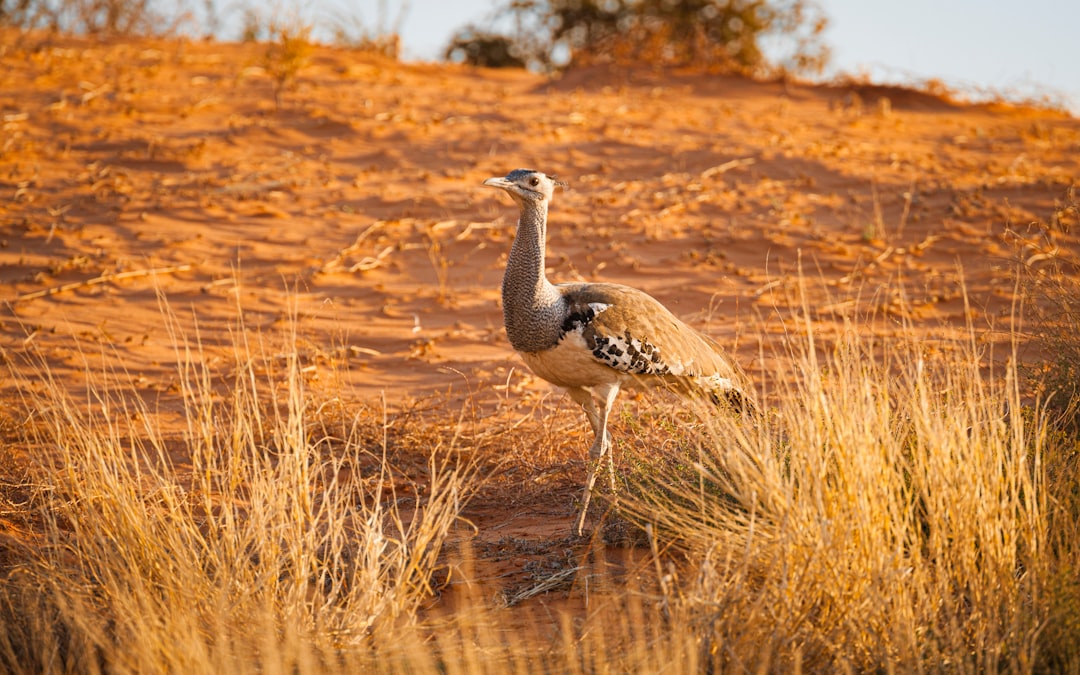# 051 - UPI goes to UK ... Reviving an extinct animal ... 2 egg laying bird ... Google Armor.
Dear all,
Welcome back. Some bits,
In 2021, UPI, India's homegrown instant payment system, had processed 39 billion transactions worth $940 billion. This amounts to 31% of India's GDP.
Following Bhutan and Nepal, UPI is expanding its reach to the United Kingdom in collaboration with PayXpert, a UK-based company.
Indian travelers can now pay with a UPI QR code at any PayXpert Point of Sale terminal in UK.
Ashok Leyland’s subsidiary Switch Mobility debuted a double-decker, air-conditioned electric bus with a 250 km range in Mumbai. The price for each bus will be Rs 2 crore.
2 Egg behaviour in Bustards
The Great Indian Bustard (GIB) is a critically endangered bird in Western Rajasthan, with only a few hundred birds remaining.

Conservationists have recently noticed that some female birds are now laying two eggs instead of the usual one. Typically, 5 to 10% of the birds lay two eggs.However, due to the abundance of protein available as a result of excessive rains, more birds have evolved to lay two eggs at the same time. Experts have identified this evolved behavior for the first time.
One can only hope that the birds are removed from the critically endangered list soon.
Google’s important SEO update - “helpful content”
Google Search had a recurring issue. Some websites (dubbed "clickbait") create content in such a way that it ranks well in search engines, but the content is useless. This causes issues for websites that provide useful content to readers by pushing them down the search results. As a result, users may believe that Google Search has deteriorated because relevant websites/pages do not appear at the top of search results.
To address this issue, Google modified its search algorithm ("helpful content update") to identify and prioritise pages with original content over clickbait websites. This is the single most important update to Search Engine Optimization efforts in a long time.
Many original content creators, such as those in the media and print industries, have welcomed the change. However, it is only a matter of time before non-helpful content websites game the algorithm and pollute search results once more.
Google blocks the largest DDoS attack
Distributed Denial of Service (DDoS) is a coordinated attack on a website that bombards it with a large number (millions) of requests in a short period of time, rendering the website inoperable to its regular users.
On June 1st of this year, Google claimed that one of its Google Cloud customers had been subjected to the largest DDoS attack, which peaked at 46 millions requests per second. The number of requests in 10 minutes was equal to the daily number of requests on Wikipedia.
Google claimed that its Google Armor technology successfully detected and mitigated this attack. More information is available here.
Bringing back the extinct Tasmanian tiger
The Tasmanian Tiger (or wolf) was a feline native to Australia that was hunted to extinction by humans. This animal was a marsupial (similar to kangaroo, it had a pouch to carry its babies) with stripes. The last such animal died in a zoo in 1936.
Now, a company called Colossal Biosciences is planning to resurrect the extinct animal by slicing the DNA of a Dasyurid (another marsupial native to Australia and closely related in family) and inserting bits of a Tasmanian Tiger's recovered DNA using CRISPR technology. The altered nucleaus will be implanted into a Dayurid egg and carried by a surrogate animal.
Experts are divided on this approach, which may usher in a new type of invasive species and out of ethical concerns.
I hope this editions was informative. Wishing you well till the next edition.
Best
-Editor




